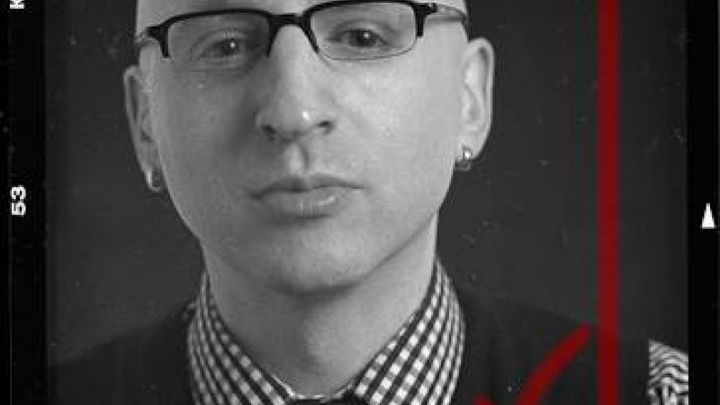
Michael White: Cervical Dystonia
Hi there.
My name is Michael White. I'm a Vancouver, Canada-based journalist, likely best known in recent times for having been senior editor of Vancouver Magazine (primarily overseeing its food/drink coverage) and writing the acclaimed music biography Popkiss: The Life and Afterlife of Sarah Records.
In late August of this year, for a variety of reasons, I decided to take a huge professional and personal (and, thus, financial) risk, and tendered my resignation at Vancouver Magazine to pursue various freelance projects. I gave eight weeks' notice.
Within two weeks of tendering my resignation, I began exhibiting unusual, unprecedented symptoms: certain tasks (especially typing and handwriting) would cause my head to pull back and to the left, as if an invisible, very strong hand was manipulating my head and neck. These symptoms evolved — becoming more frequent and complex — rapidly over the following month, during which time I found out I have cervical dystonia (also known as spasmodic torticollis), described by mayoclinic.org as "a painful condition in which your neck muscles contract involuntarily, causing your head to twist or turn to one side. [It] can also cause your head to uncontrollably tilt forward or backward. A rare disorder that can occur at any age, even infancy, cervical dystonia most often occurs in middle-aged people.... There is no cure for cervical dystonia. The disorder sometimes resolves without treatment, but sustained remissions are uncommon."
As a result of my rapidly worsening condition (after six weeks, I have more or less constant head/neck tremors; cannot keep my face forward without significant difficulty; am hugely sleep deprived due to round-the-clock spasms; and am dependent on more pharmaceuticals than I've ever taken in my life simply to remain somewhat functional), I had to bow out of the freelance projects that were to be the next stage of my career. I have applied for government disability and am currently drawing no income. Most of the alternative therapies that best complement conventional medicine for this condition (physiotherapy, acupuncture, RMT, among others) are not covered by provincial health benefits. Botox injections into the affected muscles — which is conventional medicine's most common and successful treatment for this disorder, and which costs several hundred dollars per session — have not worked for me.
I am, to be blunt, sitting/lying helplessly while my livelihood drains away at the exact moment it was supposed to be entering its most dynamic and rewarding phase. (I also had to miss the sold-out launch party for my own book, in London, England, in early November.) My partner, a very talented menswear designer, as yet draws only a modest income. We've never lived extravagantly, but an expensive cross-country move last year means this misfortune fell upon us at a time when we're especially financially drained.
Fortunately, early in my research about cervical dystonia, I found out about the Spasmotic Torticollis Recovery Clinic in Santa Fe, New Mexico. Open since 1986, it is the only facility of its kind in the world, and has a proven track record for, in its own words, offering "clients a clear, structured program, empowering them to achieve a state of ongoing recovery from the symptoms of Spasmodic Torticollis; there is no cure for this disorder, but, via this program, it is possible to drive the symptoms into permanent dormancy and live a normal life once again."
The program is four days long, and the clinic accommodates only one client per program. The funds I'm hoping to raise will cover the approximate costs (in US funds) for the program itself, airfare for myself and an able-bodied companion (who I'll need to drive me to and from the clinic each day, and to help in whatever other ways my condition might then require), modest accommodation, and a rental car.
It is my hope to attend the clinic no later than late January or early February.
I don't think I'm being hyperbolic when I say that without the opportunity to partake of this clinic's program, my "recovery" (which is to say, however much anyone ever learns to live with this disorder) will take years longer — and I simply don't have the time to spare. I've worked for more than 20 years to attain a high level of respect and employability in a very volatile industry, and this disorder could singlehandedly take it away from me forever, plunging my partner and I into financial ruin in the process.
There is nothing in my life for which I could be more grateful than whatever donation — no matter what size — you can spare.
Please don't hesitate to contact me if you have any questions.
Limitless gratitude,
Michael White
Vancouver, BC, Canada